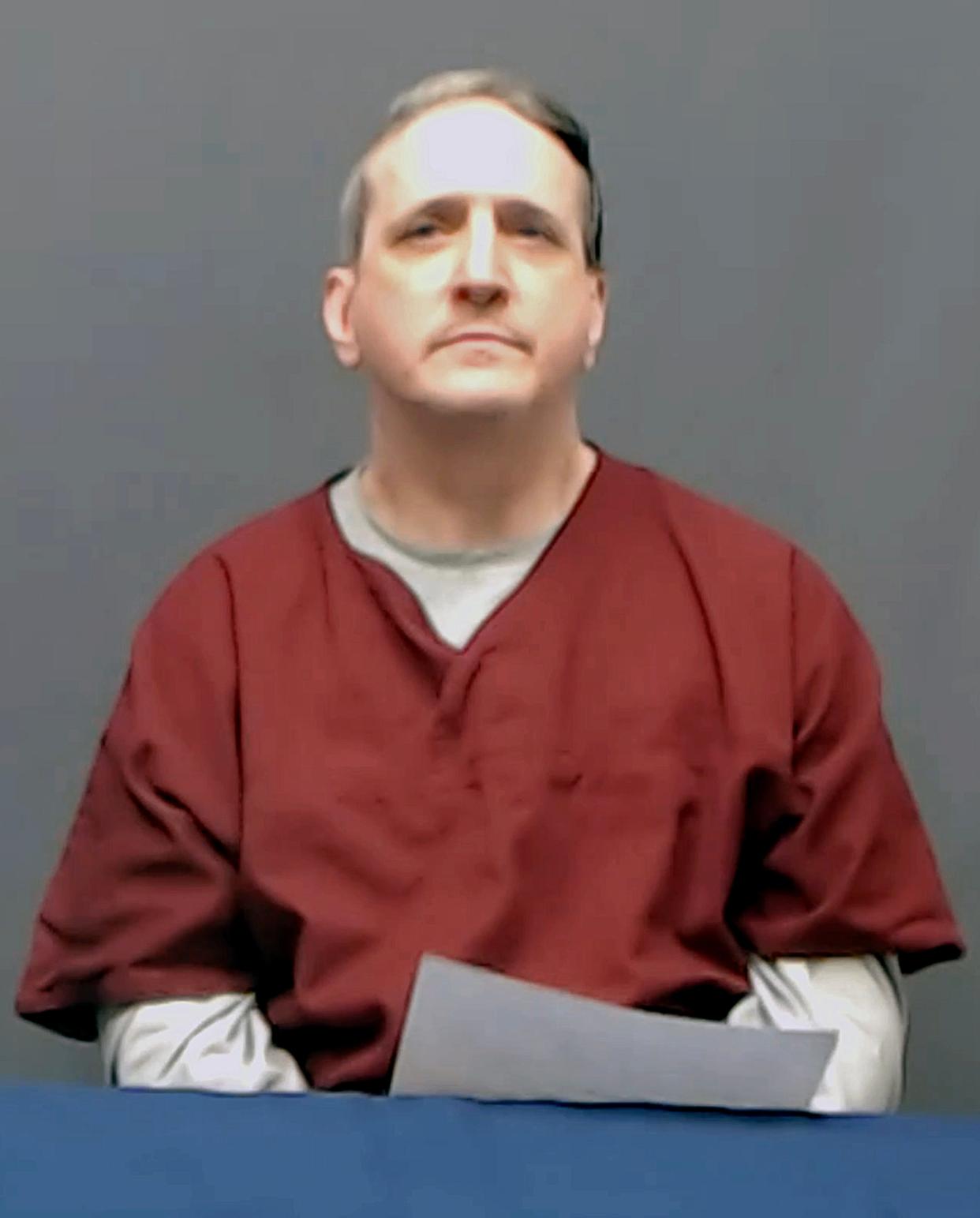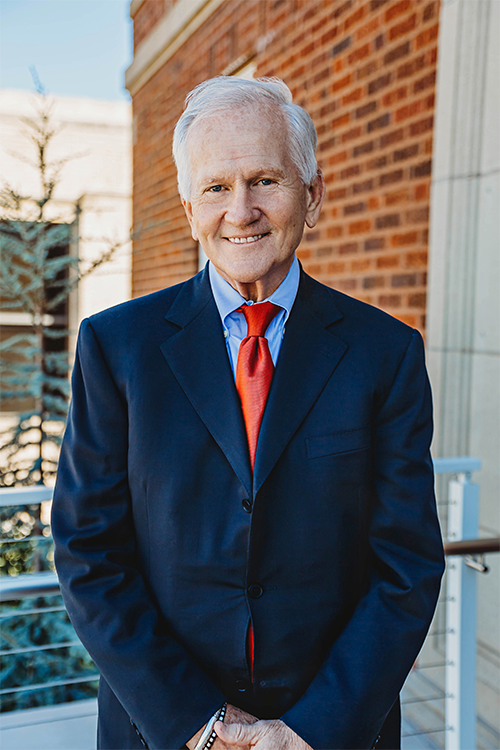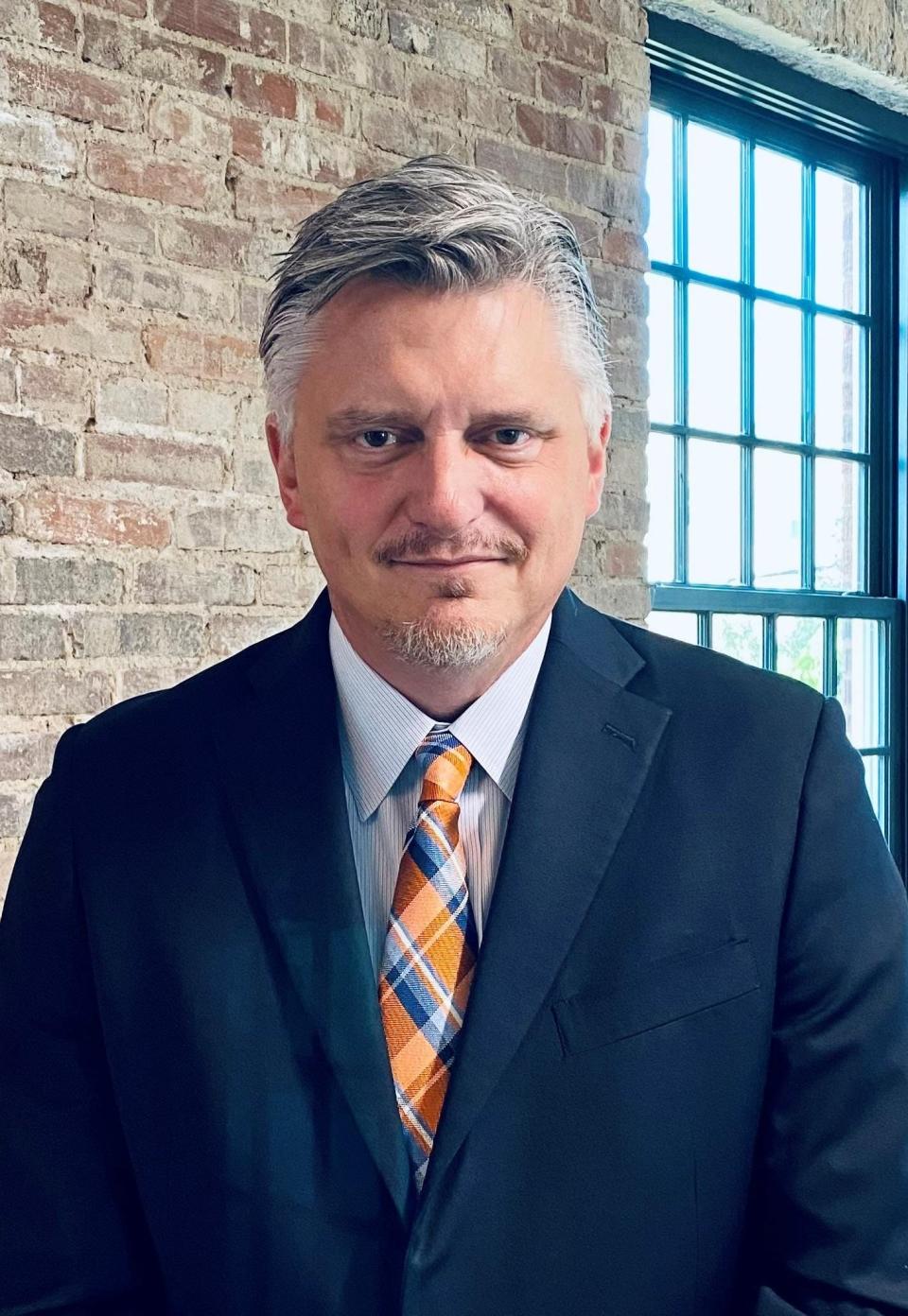Former U.S. attorneys: Prosecutors must do the right thing for the right reason

In the American criminal justice system, prosecutors are “ministers of justice.” Their duty is not to win a case, but to ensure justice is done. Our nation’s highest court tells us that "[s]ociety wins not only when the guilty are convicted but when criminal trials are fair.” Simply put, prosecutors must do the right thing and play fair.
Collectively, we served Oklahoma as U.S. attorneys from 1995 to 2001. During that period, we were responsible for some of the most important prosecutions in our nation’s history. One of these was the case against Timothy McVeigh and Terry Nichols, who perpetrated the Oklahoma City bombing. As prosecutors, we knew we had to be tough but fair. This sense of even-handed justice led the government to request that the trial be moved to Denver, Colorado, where an impartial jury was sure to be found. We also made certain to be fully transparent with disclosure of the evidence before and during the trial. This conviction had to be accurate and impenetrable on appeal.
As ministers of justice, we believed then and now that the only way to truly serve the victims and people of Oklahoma was to run a clean and honorable process. To do anything less would be a disservice to the entire community.
In 2023, we learned the state did not follow these fundamental principles in obtaining Richard Glossip’s 1998 and 2004 convictions and death sentences. Some have commented that two juries have heard the evidence and twice convicted Mr. Glossip. But this overlooks the fact that neither jury was permitted to hear critical evidence because the state concealed it. This evidence was contained in prosecutors’ notes filed away in boxes in the Oklahoma County District Attorney’s Office.
The evidence not known by the jury was that the state’s star witness, Justin Sneed (the actual killer), was diagnosed by a state psychiatrist with bipolar disorder, had been taking methamphetamine before the murder, and was subsequently placed on lithium by the state’s psychiatrist because of the serious mental health issue. Instead, the jury was misled to believe Sneed had never seen a psychiatrist, had no mental health issue and was mistakenly placed on lithium when he asked for Sudafed. Not only did the state withhold the truth about Sneed, but it also allowed him to mislead the jury about his mental health condition and his overall credibility. Sneed was the state’s key witness against Mr. Glossip. If the state had played fair and allowed the jurors to know the truth about Sneed’s mental condition, they may have had reasonable doubt about Sneed’s testimony that Mr. Glossip had a role in planning the murder.
It was only this year that an independent investigation commissioned by Attorney General Gentner Drummond found the withheld evidence that was crucial for the jury to have in order to assess Sneed’s credibility. This led AG Drummond, to take action to set the record straight, seek to halt Mr. Glossip’s execution, and call for a new fair trial — a trial where the jury could hear all the relevant evidence. In a filing to the U.S. Supreme Court, AG Drummond stated that moving forward with an execution under these circumstances would be “unthinkable.” We agree.
Our attorney general, the state’s chief prosecutor, has done the only just and honorable thing here. In our opinion, it is constitutionally required. All prosecutors, as ministers of justice, should stand behind him.
The National Registry of Exonerations (NRE) has analyzed the causes of more than 3,300 exonerations that have occurred in America since 1989. This analysis reveals that state misconduct has been a contributing factor in 59% of all known false convictions and 73% of known false convictions in homicide cases. These shocking statistics tell us that prosecutorial actions (even if inadvertent) can have the effect of distorting the truth-finding function of trials and the accuracy of jury verdicts. Nearly all of the misconduct the NRE identified fell into five categories: witness tampering, misconduct in interrogations, fabricating evidence, concealing exculpatory evidence and misconduct at trial. Two independent investigations of the Richard Glossip prosecution have found that all five of these categories of prosecutorial misconduct occurred in Mr. Glossip’s trials. Even more troubling is that four out of the five types of misconduct present in the Glossip trials were concealed by the state until the last few months.
Despite our community’s pain and desire for finality, we must not cling to the falsehoods of the past simply because they are familiar. Evidence disclosed by the state in January 2023 from the state’s own case files reveals the complete and accurate truth. It represents what those two juries should have heard and evaluated before rendering a verdict.
We must never forget that prosecutors must do the right thing for the right reason. The Glossip case has become a painful reminder of this lesson and we must learn it once and for all. To do anything less would be a disservice to the victims and all Oklahomans.


Patrick Ryan is a military veteran and was U.S. attorney for Oklahoma City, 1995-1999, and prosecuted Timothy McVeigh and Terry Nichols. He is a former president of the Oklahoma County Bar Association and is a director at Ryan Whaley law firm.
Daniel Webber is a military veteran and a former U.S. attorney for Oklahoma City, 1999-2001. He has served as judge advocate in the Oklahoma National Guard’s 45th Infantry Brigade. He is a director at Ryan Whaley law firm.
This article originally appeared on Oklahoman: Glossip a reminder prosecutors must do right thing for right reason

